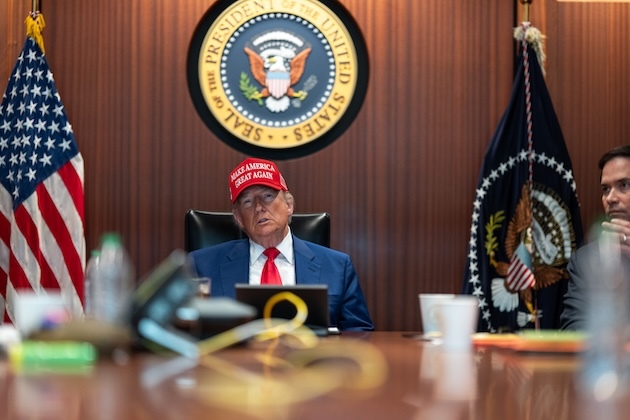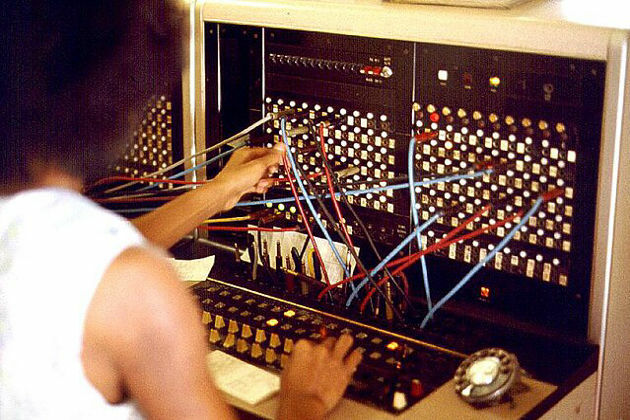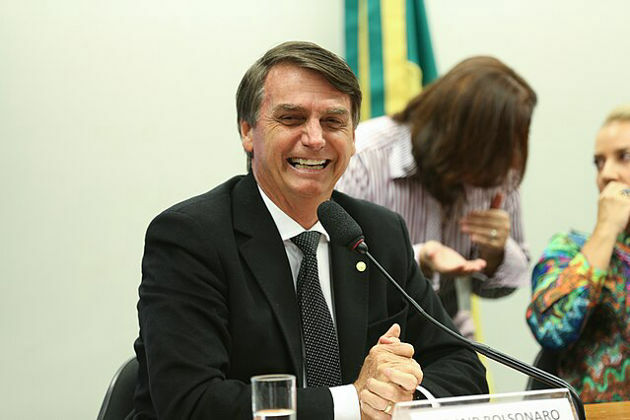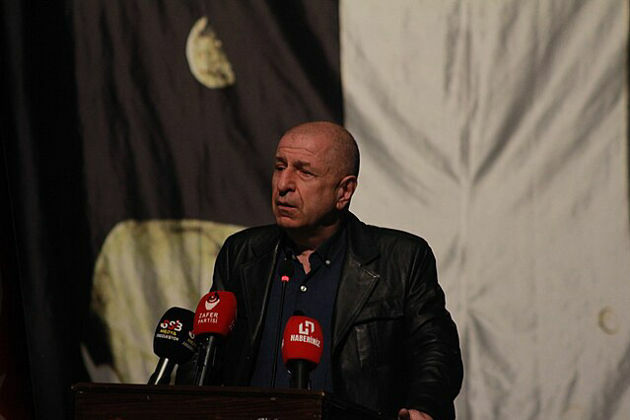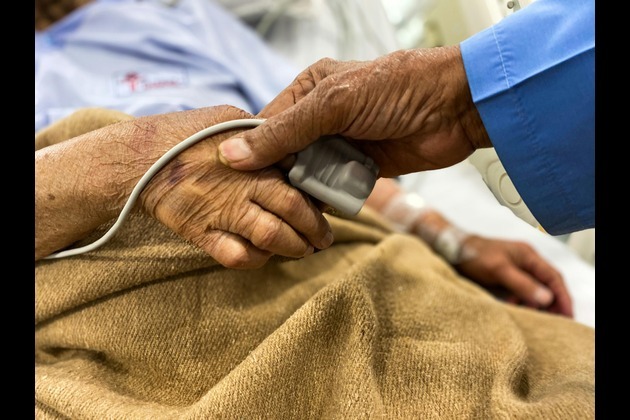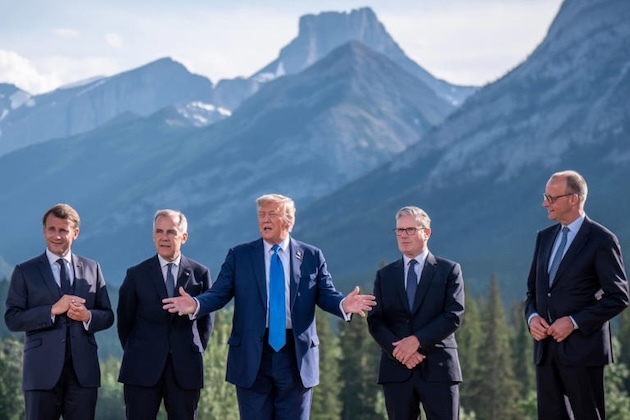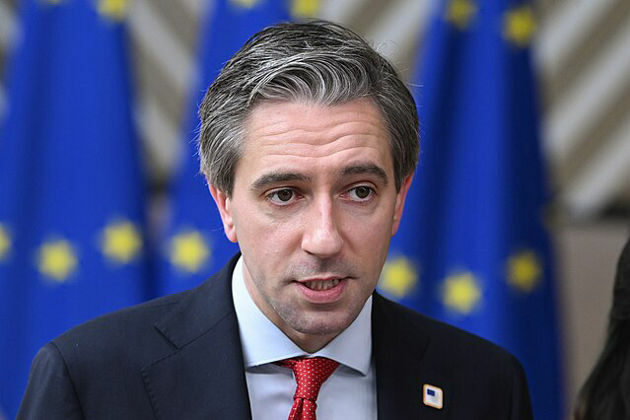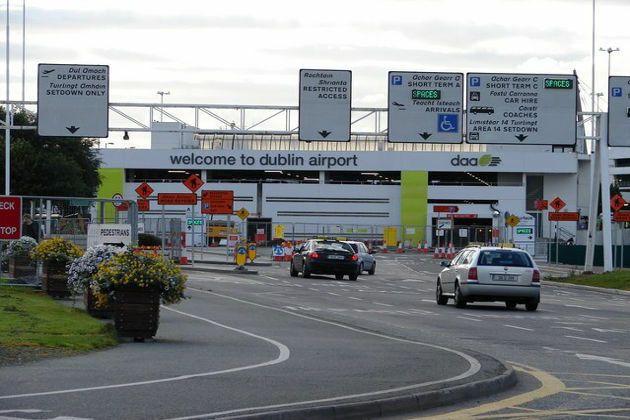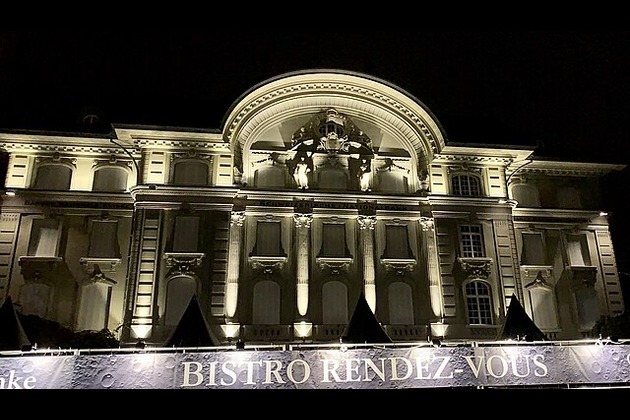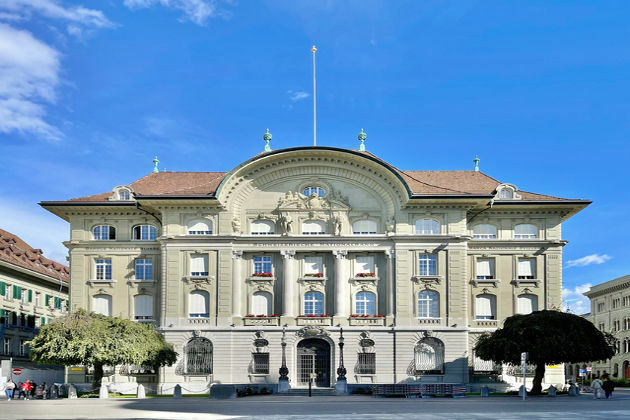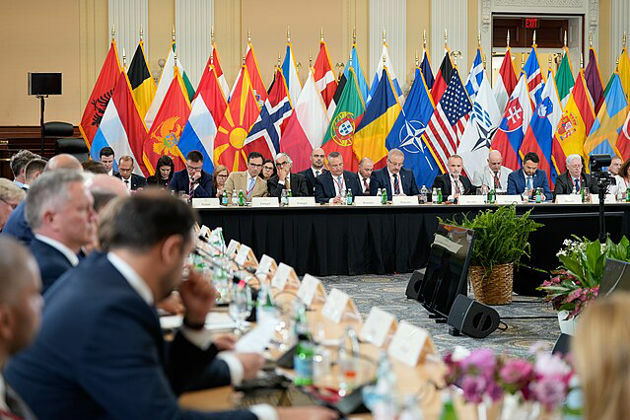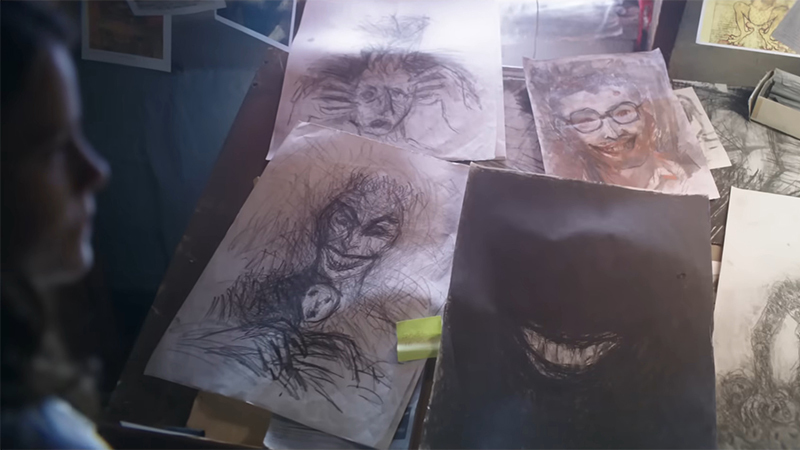Lenin didnt formally rule Soviet Russia
RBTH
18 May 2023, 01:25 GMT+10
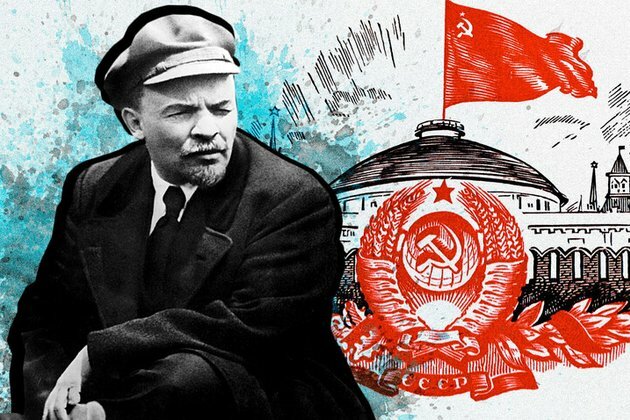
When the Bolsheviks gained power in Russia in 1917, Vladimir Lenin didn't actually become the full-fledged leader of the new Soviet state. Instead, he chose a less conspicuous position.
As an experienced leader and underground revolutionary, Lenin thoughtfully left the place of formal leader of the Soviet state to others. What position did he occupy, then? To understand this issue, it's important to look at how the October Revolution radically changed Russia's state system.
In October-November 1917 in Petrograd (as St. Petersburg was known during World War I), there were two major political powers - the Provisional Government headed by Alexander Kerensky that was based in the Winter Palace, and the Petrograd Military-Revolutionary Committee headed by Leon Trotsky that was based in the building of the Smolny Institute (simply referred to as the Smolny).
The Bolsheviks denounce the Provisional Government
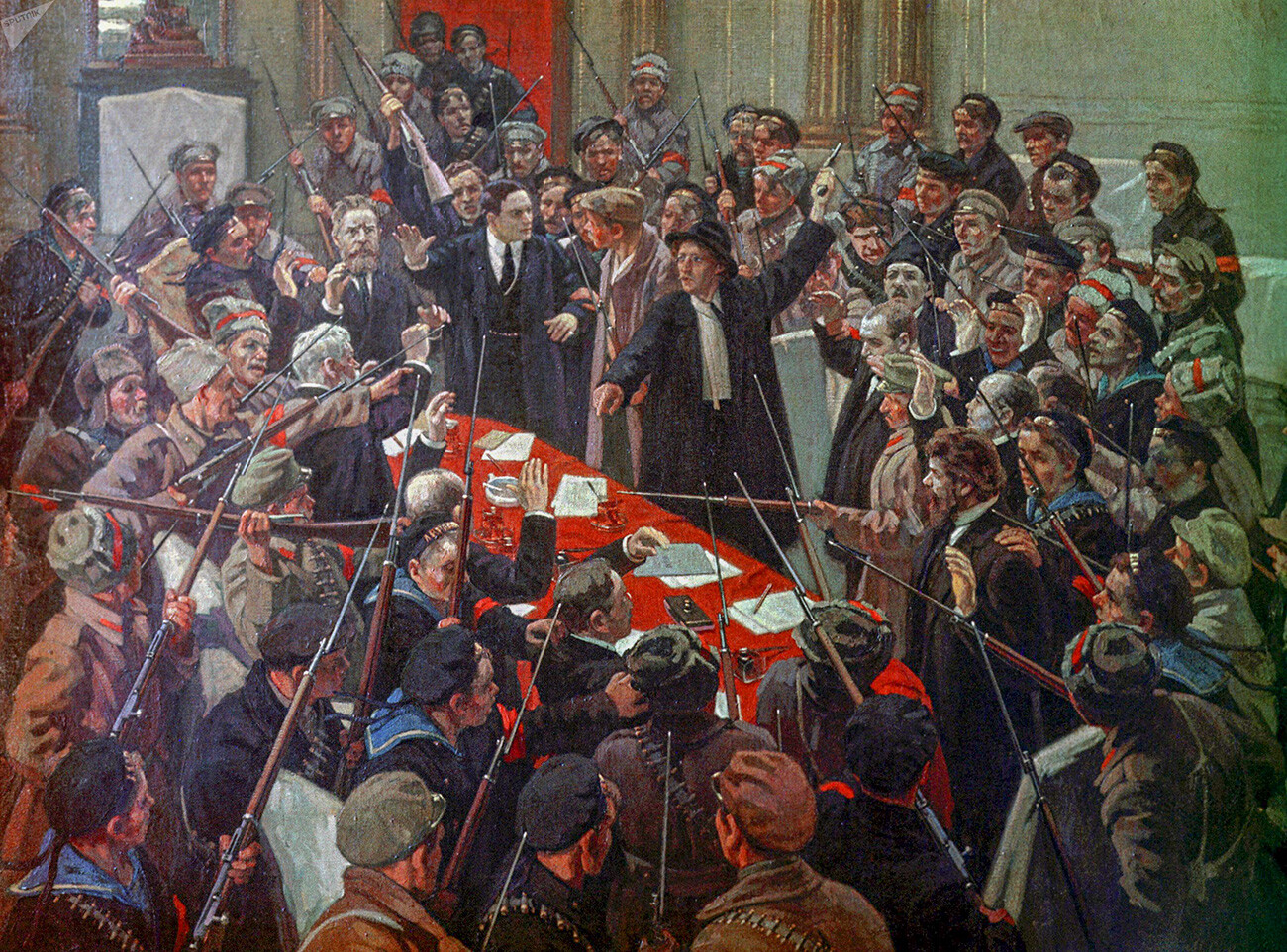
«Arrest of the Provisional Government»
Mikhail Sokolov
On November 6-7 1917, the Military-Revolutionary Committee issued a statement denouncing the Provisional Government and its actions. The Bolsheviks seized control of communications centers throughout Petrograd, capturing the Central Telegraph and telephone stations. At the same time, a flotilla of 45 destroyers loyal to the Bolsheviks arrived in the city's harbor.
In the early hours of November 8, 1917, the Winter Palace was stormed by the revolutionaries and the Provisional Government was arrested. Already by this moment, the Second All-Russian Congress of Soviets of Workers and Soldiers Deputies was underway in Smolny.

The Smolny Institute for Noble Maidens, which in the days of the October Revolution was the headquarters of the Bolsheviks.
Public domain
Lenin proposed that the Congress should elect the All-Russian Central Executive Committee - the highest government body in the country - and also form a provisional workers and peasants government - the Council of People's Commissars.
Who was the formal head of Soviet Russia?
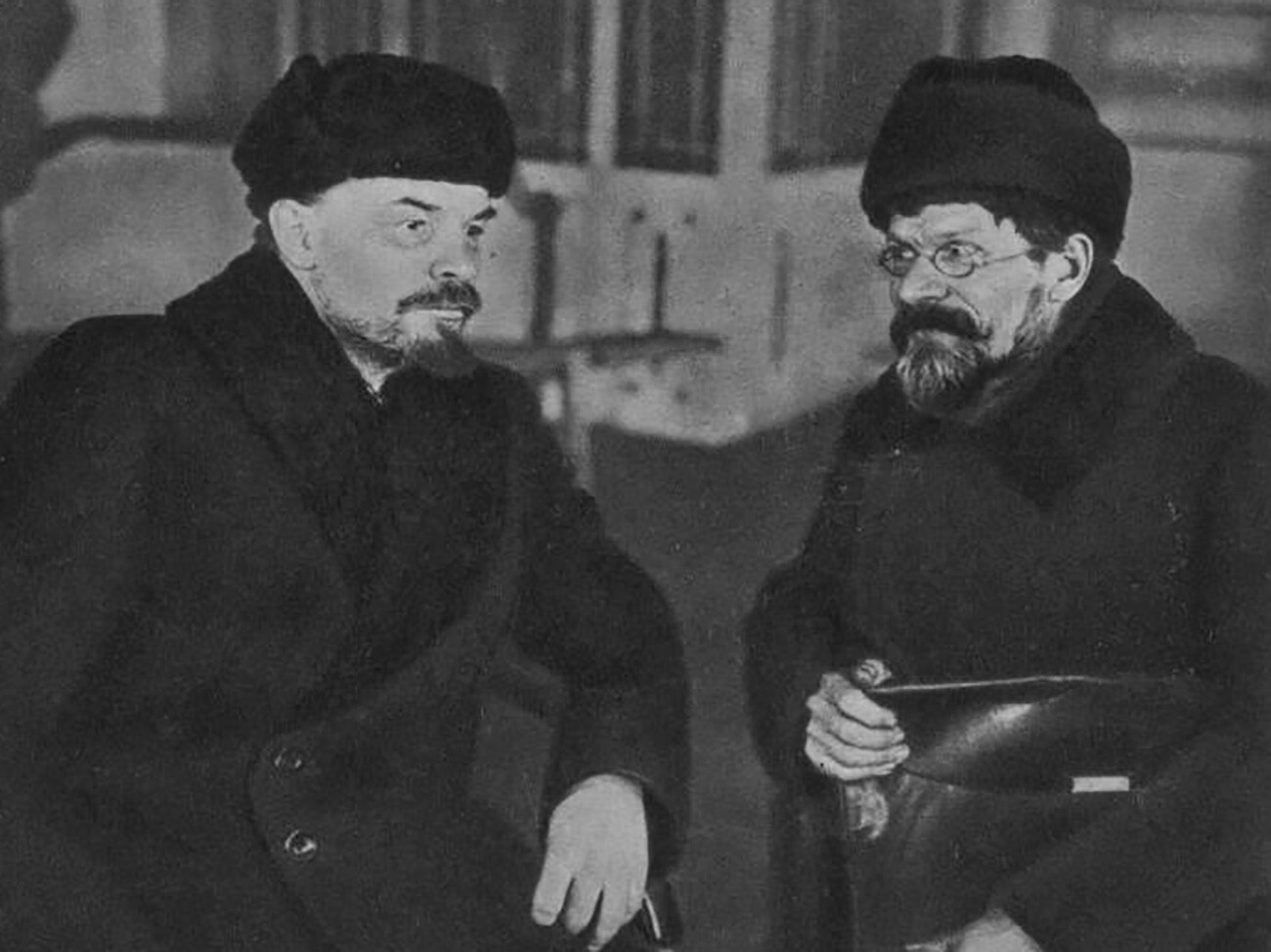
Vladimir Lenin and Mikhail Kalinin
Public domain
Immediately after the Provisional Government was dislodged from power, a new state appeared in place of the Russian Empire - Soviet Russia. From 1917 to 1922, this state was called the Russian Socialist Federative Soviet Republic. The Second All-Russian Congress of Soviets of Workers and Soldiers Deputies was its first representative organ that chose members of the two main state organs.
The All-Russian Central Executive Committee was the highest body in the new state. It was given legislative and administrative functions, and was at first headed by Lev Kamenev, then by Yakov Sverdlov (1917-1919), and starting from March 30, 1919 - Mikhail Kalinin. Until his death in 1946, Kalinin was formally the head of state.
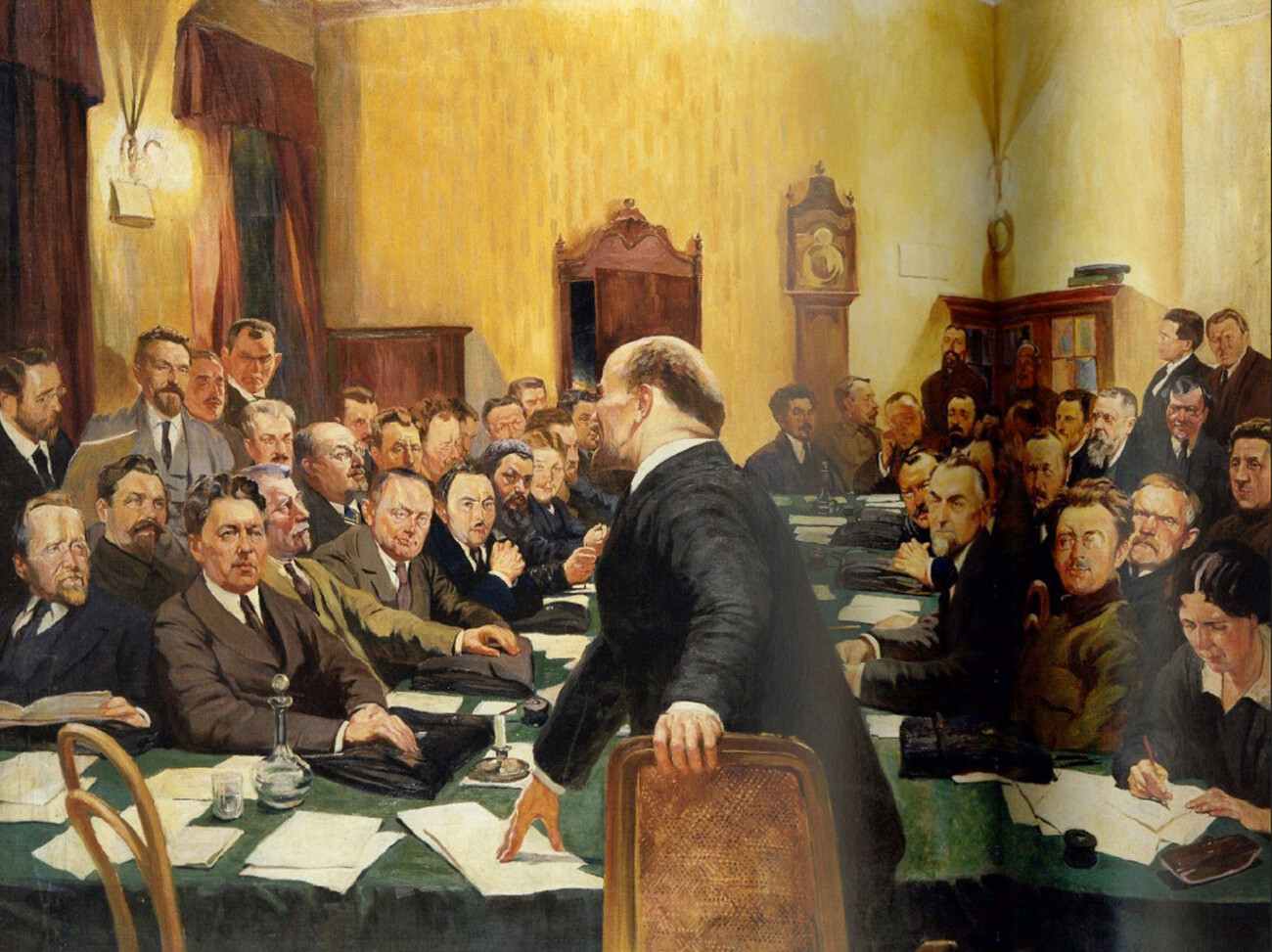
Session of the Council of People's Commissars, chaired by Lenin (1927).
Dmitriy Kardovskyi
The Council of People's Commissars (Sovet Narodnykh Komissarov, abbreviated SNK) was the second most important state organ that held executive power. It was effectively the government of Soviet Russia, and Vladimir Lenin was the Chairman of The Council of People's Commissars - which meant he occupied the position of the prime minister in Soviet Russia and the USSR until his death on January 21, 1924.
Strictly speaking, Lenin never was the head of state in Soviet Russia and the USSR. He occupied the lesser position of a 'prime minister' that allowed him to skip all of the representative and administrative functions that the head of state was obliged to perform, including signing a great deal of documentation. Instead, Lenin could spend his time performing important decision-making functions as head of the executive power of the Soviet state.
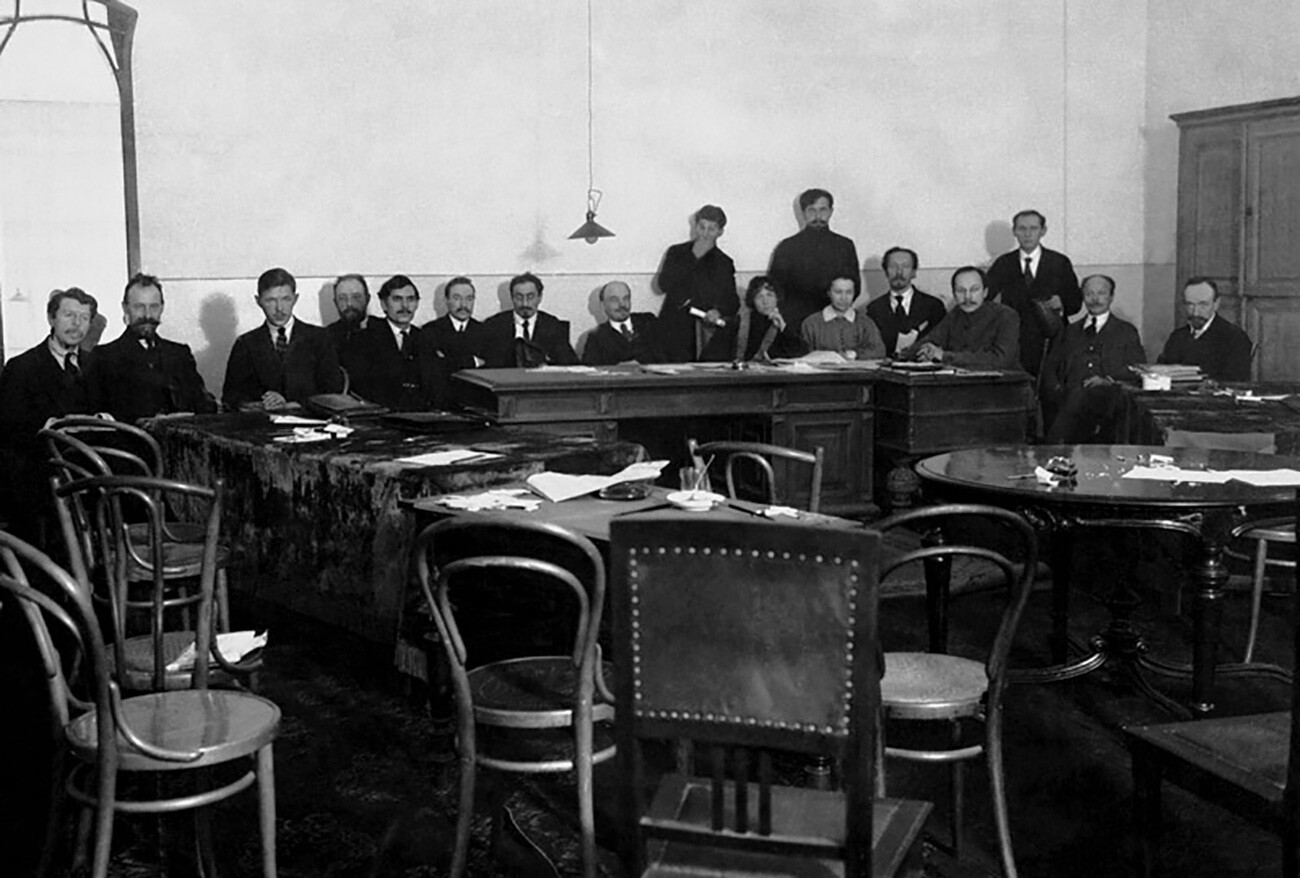
Vladimir Lenin at a meeting of the Council of People's Commissars in Smolny.
Public domain
This trend continued in the USSR. Joseph Stalin and Nikita Khrushchev never occupied the two positions of the formal head of the Soviet state - the Chairman of the All-Russian Central Executive Committee (before 1938) and the Chairman of the Presidium of the Supreme Soviet (1938-1989).
Leonid Brezhnev was the first formal and factual head of the USSR, since he was simultaneously the leader of the Communist Party of the Soviet Union and the Chairman of the Presidium of the Supreme Soviet.
 Share
Share
 Tweet
Tweet
 Share
Share
 Flip
Flip
 Email
Email
Watch latest videos
Subscribe and Follow
Get a daily dose of Irish Sun news through our daily email, its complimentary and keeps you fully up to date with world and business news as well.
News RELEASES
Publish news of your business, community or sports group, personnel appointments, major event and more by submitting a news release to Irish Sun.
More InformationInternational
SectionTrump goes on social media to announce Israel-Iran ceaeefire
WASHINGTON DC, - U.S. President Donald Trump has claimed a ceasefire has been reached between Israel and Iran. He made the claim on...
Confused bot named Alyssia replaces human response on Iranian phones
DUBAI, U.A.E.: British Iranians living in the U.K. are taken aback when they try to reach their families in Tehran on the phone and...
Brazil’s ex-president accused of leading illegal spy operation
BRASILIA, Brazil: Former Brazilian President Jair Bolsonaro is accused of playing a key role in an illegal surveillance operation orchestrated...
Critics say Özdağ case aims to silence Erdogan opponents
ANKARA, Turkey: A Turkish far-right politician went on trial Wednesday, facing charges of inciting public hatred—an episode critics...
Assisted dying bill clears key hurdle in UK Parliament
LONDON, U.K.: In a landmark moment for Britain, lawmakers in the House of Commons have voted in favour of legalising assisted dying,...
International law no longer a priority among Western leaders
Western support for Israel's right to strike Iran backs up a pattern of pre-emptive violence that critics say is further eroding international...
Europe
SectionIreland’s Deputy PM confirms return of evacuated nationals
DUBLIN, Ireland: Fifteen Irish citizens and their dependents have been evacuated from Israel due to the heightened state of alert over...
Dublin Airport given two years to fix passenger limit breach
DUBLIN, Ireland: Dublin Airport has received a warning for going over its allowed number of passengers. As part of a rule set by...
Critics say Özdağ case aims to silence Erdogan opponents
ANKARA, Turkey: A Turkish far-right politician went on trial Wednesday, facing charges of inciting public hatred—an episode critics...
Europe eases rates as Fed holds and Trump threatens tariffs
ZURICH, Switzerland: A wave of central banks across Europe surprised markets last week by lowering interest rates, responding to easing...
Swiss National Bank responds to strong franc and US trade doubts
ZURICH, Switzerland: The Swiss National Bank (SNB) lowered its key interest rate to zero percent on June 19 to respond to falling inflation,...
The Hague faces lockdown for global leaders' meet
THE HAGUE, Netherlands: The city that prides itself on being a beacon of peace and justice—home to institutions like the International...

